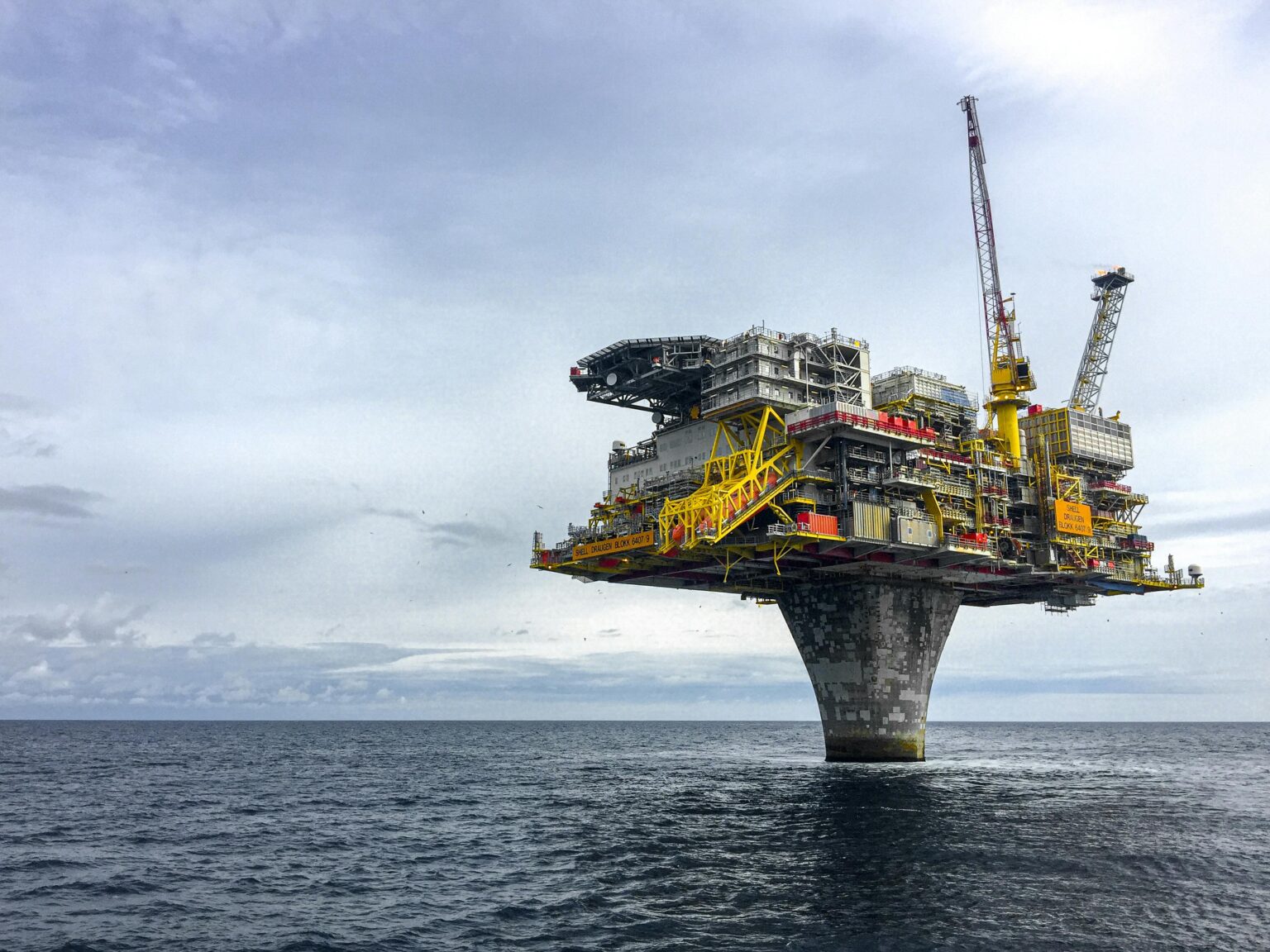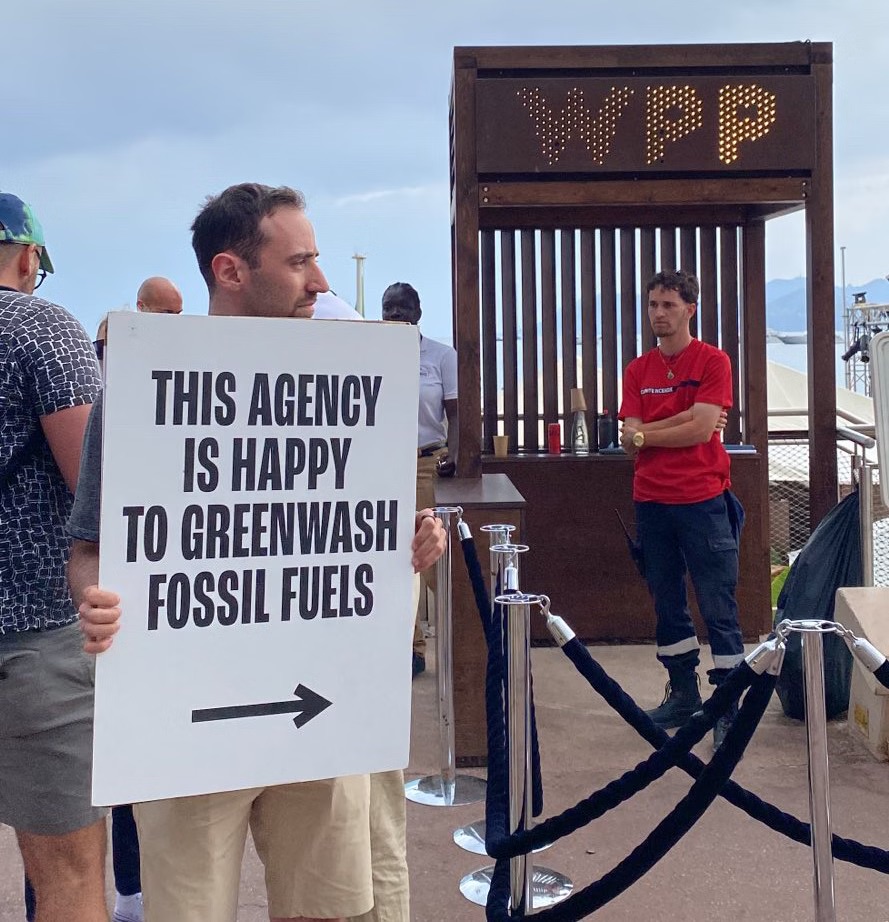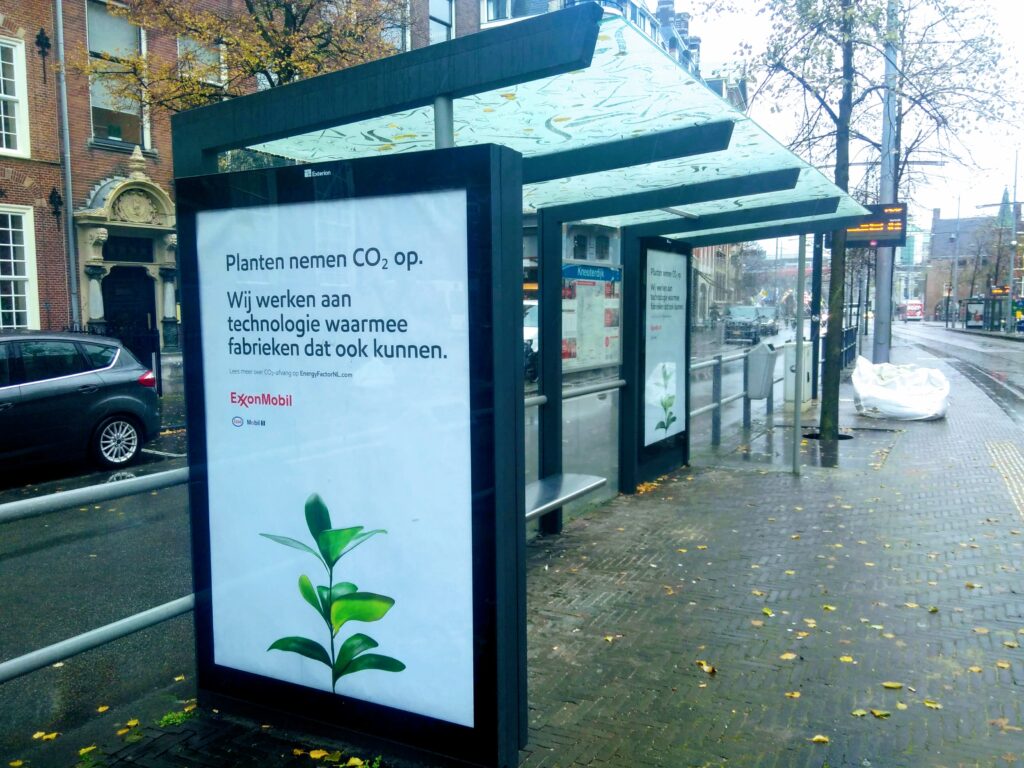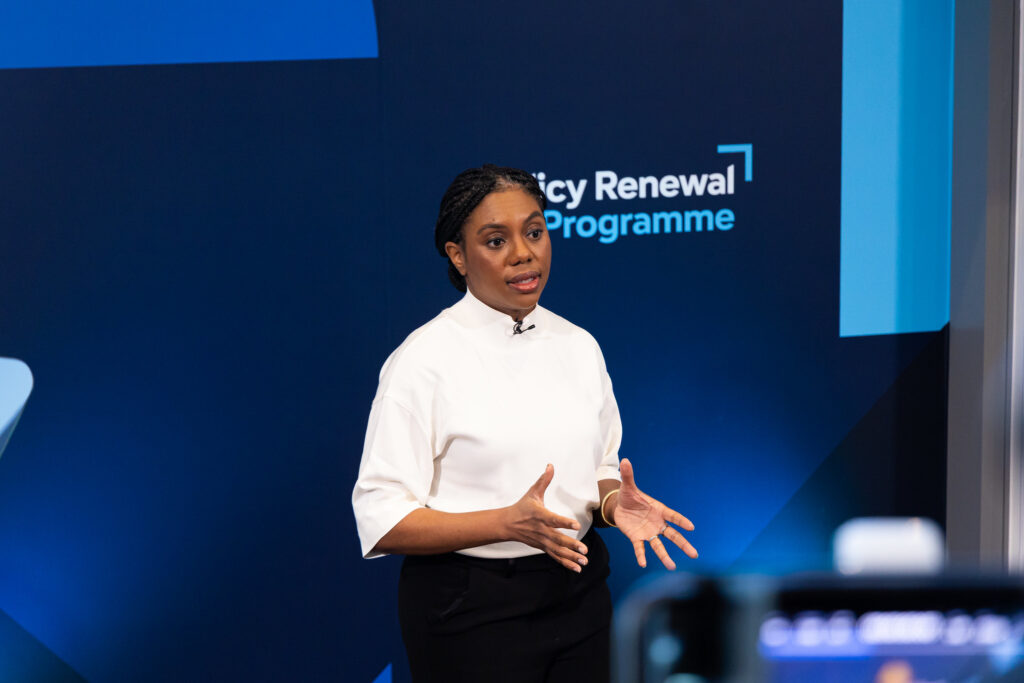Several of the world’s largest ad and PR holding companies, including WPP, Omnicom, and IPG, have had a combined 1,010 contracts with fossil fuel companies in 2023 and 2024, according to the latest data released by the campaign group Clean Creatives.
The report comes amid growing pressure for agencies to sever their connections with fossil fuel clients.
In June, United Nations Secretary-General António Guterres called for advertising and PR companies to halt their work with fossil fuel companies, terming them “enablers of planetary destruction.”
“Many in the fossil fuel industry have shamelessly greenwashed, even as they have sought to delay climate action — with lobbying, legal threats, and massive ad campaigns,” Guterres said in a speech on World Environment Day. “They have been aided and abetted by advertising and PR companies — Mad Men fuelling the madness.”
In May, internal company documents released by a United States Senate investigation into climate disinformation revealed that the agency BBDO created ads for Exxon Mobil touting carbon capture and storage (CCS) as a major climate solution, while knowing that Exxon’s in-house analysis showed the technology would have a marginal impact on lowering global carbon emissions.
According to the Intergovernmental Panel on Climate Change, global carbon emissions must be slashed 45 percent by 2030 if the world is to avoid the worst impacts of climate change.
“Annual investment in clean energy is now double that of fossil fuels, and the creative industry could be a natural ally to climate action,” said Duncan Meisel, executive director of Clean Creatives, in a press release, “but fossil fuel clients are standing in the way.”
Of the 1,010 contracts identified by Clean Creatives, 551 have not been previously reported, according to the group.
WPP, the world’s largest advertising group, led the list with 79 contracts with major polluters such as Saudi Aramco, Shell, Exxon, TotalEnergies, and BP.
Omnicom boasted the second largest number of contracts with fossil fuel clients at 74, followed by IPG at 50, Publicis at 40, 19 for Havas, and 18 for Dentsu.
Edelman, the world’s largest privately owned public relations firm, has 11 contracts with major polluters, according to the report. Along with its recently renewed contract with Shell, the firm has worked with Chevron, Sasol, and ConocoPhillips.
The Climate Investigations Center has described Edelman as “the dominant PR firm for trade associations that promote an anti-environmental agenda,” for its historical work with polluting industry trade associations including the National Association of Manufacturers, the National Mining Association, and the American Petroleum Institute.
These client engagements appear to undercut public statements of support by some of the holding companies for global goals to slash carbon emissions.
WPP’s 2023 Sustainability Report reiterated its ongoing policy to “not take on any client work, including lobbying, designed to frustrate the objectives of the Paris Agreement.” However, according to Clean Creatives, several fossil fuel lobbying firms have contracts with WPP, including the Oil and Gas Climate Initiative, the American Chemistry Council, the American Petroleum Institute, and the Australian Gas Infrastructure Group.
Yannick Bollloré, head of the French communications giant Havas, long promoted the company as a willing part of the climate fight. However, he seems to have largely gone silent on climate change since the agency announced its appointment as Shell’s global media agency in 2023. Four of its agencies were subsequently stripped of their B Corp status.
According to the report, Havas also has contracts with five additional fossil fuel clients: Promigas, China National Offshore Oil Corporation, Repsol, RWE, and Opet.
Havas declined to comment.
In response to DeSmog’s request for comment, an Edelman spokesperson stated that the company “does not work with Sasol or the National Mining Association.” However, this obscures the fact that Edelman has worked for them in the past. As recently as July 5, Edelman placed an ad it created for the National Mining Association in LinkedIn’s advertising library, while an Edelman account executive’s LinkedIn profile lists Sasol Chemicals as a new client between 2021 and 2022.
An Omnicom spokesperson told DeSmog that Petrobras, Etu, Exelon, Engie, and SLB are not clients of the company. However, Omnicom subsidiary Siegel+Gale highlighted an award-winning campaign for Exelon in a May 2023 newsletter, and used its work for Exelon as a case study. Another Omnicom subsidiary in Brazil, Interbrand, showcased its work for Etu Energies on its website. An Interbrand employee in Brazil lists work for Petrobras in an online profile, while an associate director at FleishmanHillard, another Omnicom subsidiary, lists work for Engie and SLB in a slide presentation.
WPP, IPG, Publicis, and Dentsu did not respond to DeSmog’s request for comment by publication time.
Geographically, North America accounts for the largest portion of regional advertising and fossil fuel relationships identified by the report, with 258 contracts. Europe is a close second, with 241, including 96 based in the UK.
A particular area of concern flagged by the report is the involvement of independent agencies in working alongside polluting industries. While independent firms are generally more willing to drop fossil fuel clients, they account for nearly 72 percent of all contracts, according to the report.
Washington, D.C.-based FTI Consulting is listed as the independent agency with the most fossil fuel contracts. Its clients include ExxonMobil, Conoco-Phillips, and the UK-based, Israeli-owned Ithaca Energy.
FTI Consulting did not respond to a DeSmog request for comment.
Now in its fourth year, the latest “F-List” drew on more than 30 sources of data to identify contracts between 590 agencies and 332 fossil fuel clients, according to Clean Creatives.
The report “provides a much needed transparency to the industry through uncovering even more contracts which show the extent to which ad and PR agencies continue to be embedded in big oil and gas,” said Victoria Harvey, a PhD researcher at the University of East Anglia.
“What becomes clear is the way in which big majors such as Shell spread their contracts, like sticky fingers in pies, across holding groups as well as indies,” said Harvey, who studies the UK advertising industry’s responses to climate change, “perhaps ensuring that if one agency drops them they have others they can turn to.”
UPDATE (09/24/24): This article has been updated to include a statement from PhD researcher Victoria Harvey in response to DeSmog’s request for comment.
Subscribe to our newsletter
Stay up to date with DeSmog news and alerts







